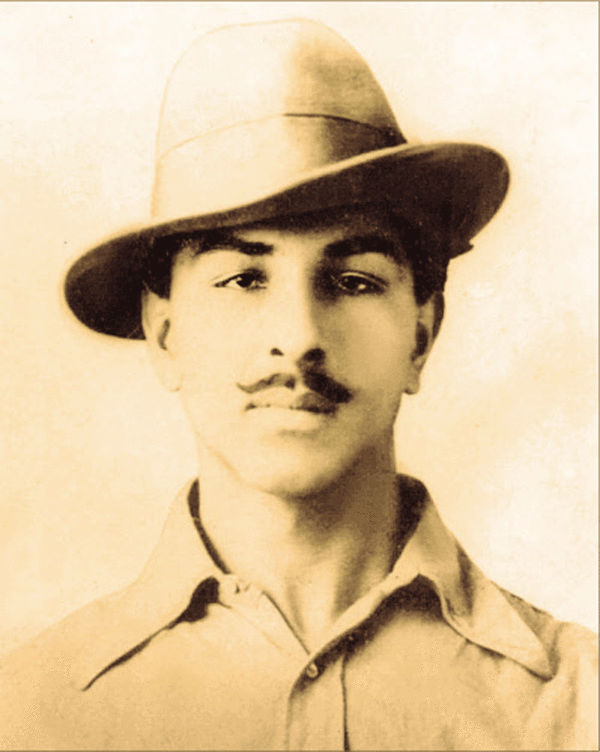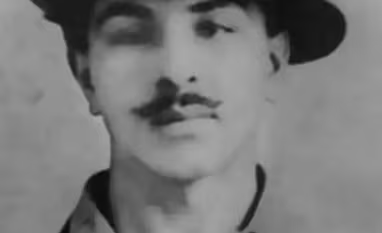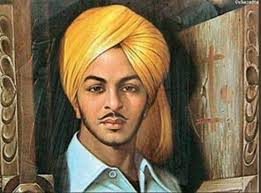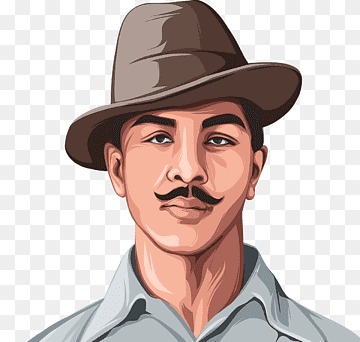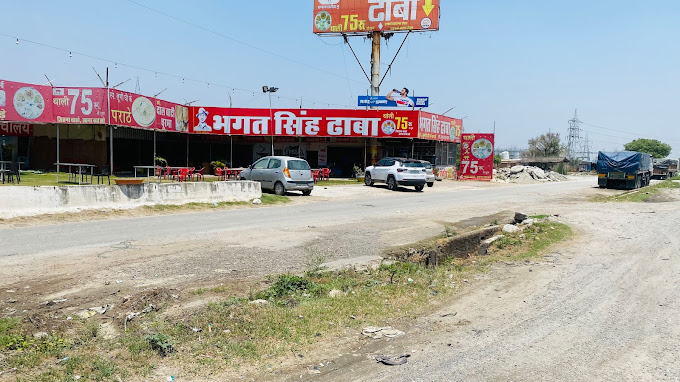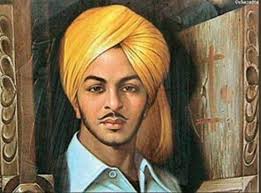
Bhagat Singh, one of India’s most revered revolutionaries, was not only a fearless fighter but also a profound thinker. His words continue to inspire generations, reflecting his commitment to freedom, justice, and socialism. Here are some of his most famous quotes along with their significance:
1. “They may kill me, but they cannot kill my ideas.”
This quote embodies Bhagat Singh’s belief that ideas and ideologies outlive individuals. Even after his execution, his thoughts on freedom and revolution continued to shape India’s struggle for independence.
2. “Revolution is an inalienable right of mankind. Freedom is an imperishable birthright of all.”
Bhagat Singh firmly believed in the right of people to revolt against oppression. This statement highlights his conviction that every individual deserves freedom and dignity.
3. “If the deaf are to hear, the sound has to be very loud.”
This quote was his justification for throwing non-lethal bombs in the Central Legislative Assembly. He meant that sometimes drastic actions are necessary to make oppressors acknowledge the plight of the people.
4. “Merciless criticism and independent thinking are the two necessary traits of revolutionary thinking.”
Bhagat Singh was deeply influenced by socialist and Marxist ideologies. This quote highlights his belief in questioning authority, challenging norms, and thinking independently.
5. “Lovers, lunatics, and poets are made of the same stuff.”
This philosophical reflection shows Bhagat Singh’s poetic side, emphasizing that passion, whether for love, art, or revolution, comes from a deep emotional and intellectual commitment.
6. “Any man who stands for progress has to criticize, disbelieve, and challenge every item of the old faith.”
Bhagat Singh advocated for rationalism and was a staunch atheist. This quote reflects his rejection of blind faith and his call for a scientific and progressive approach to life.
7. “It is easy to kill individuals but you cannot kill the ideas. Great empires crumbled, while the ideas survived.”
This reaffirms his belief that no matter how powerful a regime is, ideas of freedom and justice will always persist and ultimately triumph.
8. “Bombs and pistols do not make a revolution. The sword of revolution is sharpened on the whetting stone of ideas.”
Contrary to popular belief, Bhagat Singh was not merely a violent revolutionary. He emphasized the power of ideology and intellectual struggle over brute force.
9. “I am full of ambition and hope and charm of life. But I can renounce all at the time of need.”
This statement reflects his willingness to sacrifice personal happiness for the greater cause of India’s freedom.
10. “The sanctity of law can be maintained only so long as it is the expression of the will of the people.”
Bhagat Singh believed that laws should serve the people and not be a tool for oppression. His words stress the importance of democracy and people’s power in governance.
Impact of His Quotes
Bhagat Singh’s words continue to inspire activists, political leaders, and common citizens. His vision for a just, equitable, and free society remains relevant even today. Schools, universities, and public figures often invoke his quotes to emphasize the importance of courage, intellect, and sacrifice.
Conclusion
Bhagat Singh’s revolutionary spirit was not just reflected in his actions but also in his words. His quotes serve as a reminder of the power of ideas and the necessity of questioning injustice. His intellectual legacy is as significant as his sacrifices, making him a timeless icon of freedom and resistance.
Reference Websites:
- Wikipedia – Bhagat Singh Quotes
https://en.wikipedia.org/wiki/Bhagat_Singh - Government of India’s Official Portal on Freedom Fighters
https://knowindia.india.gov.in/ - The Hindu – Articles on Bhagat Singh’s Legacy
https://www.thehindu.com/ - Times of India – Historical Accounts on Bhagat Singh
https://timesofindia.indiatimes.com/ - The Indian Express – Bhagat Singh’s Revolutionary Ideals
https://indianexpress.com/
Bhagat Singh’s words continue to resonate with people across the world, reminding us of the power of conviction and the importance of standing up for justice.


